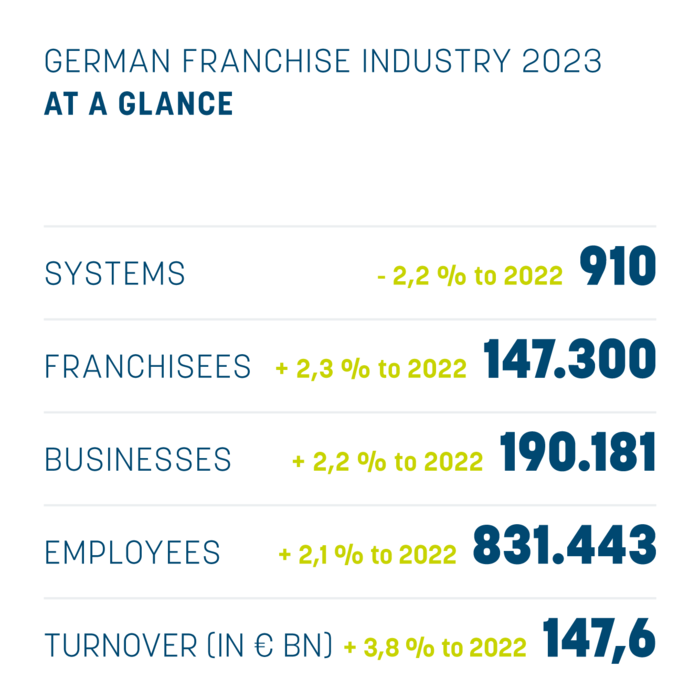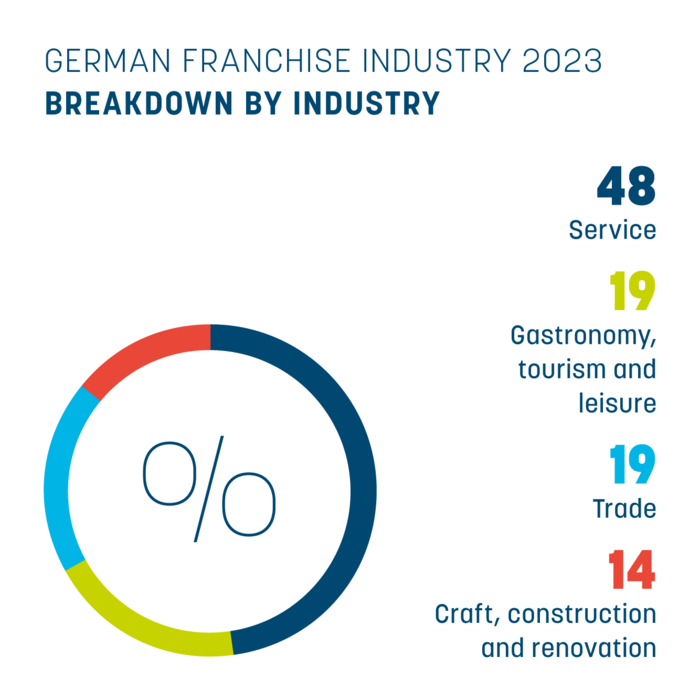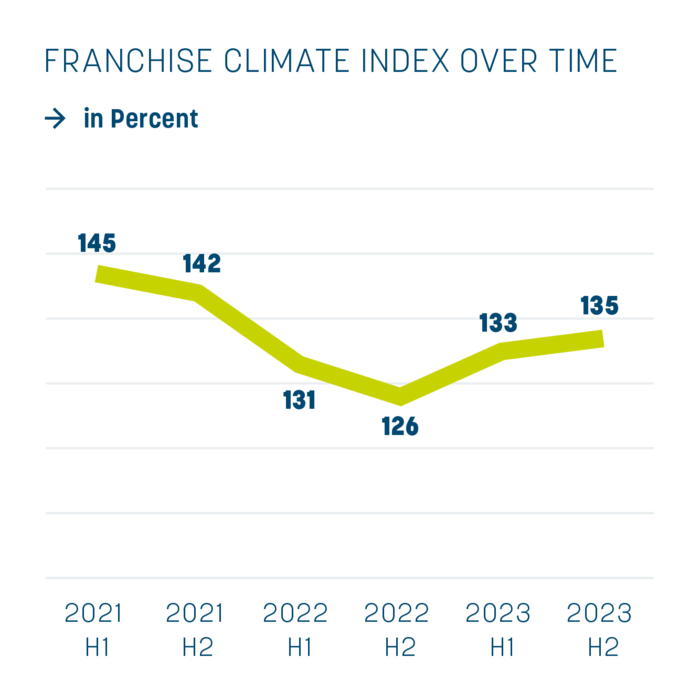Franchising in Germany: What is it like?
Franchising is an internationally successful business model. A multitude of companies are already running franchise networks in a variety of different national markets and by doing so, have been able to successfully position their brands. Nevertheless, there is still a great deal of potential available when it comes to expanding franchise networks into Germany.
The Federal Republic of Germany is home to the strongest and most stable economy in Europe. While many nations in the world experienced times of economic insecurity and the European Monetary Union suffered a crisis in the last decade in particular, Germany was able to prove the sustainability of its economic system. On top of this, Germany also demonstrated that it is a particularly ideal location for franchise systems in all sectors.
The German Franchise Association has set itself the target of supporting franchise systems from outside of Germany in entering into the German market and accompanying them in all stages of this process. The “International Committee” has been created within the Association to focus on this objective. The German Franchise Association itself boasts a tightly-knit international network. We therefore invite you to come and discover and conquer the German market for your franchise system and to make the most of the outstanding conditions available in our country. Are you planning to expand into Germany and need local consulting support? The Franchise Association will be happy to answer your initial questions. In addition, the Association has associated experts – consultants and lawyers – who provide specific support. An overview can be found here: Download PDF


